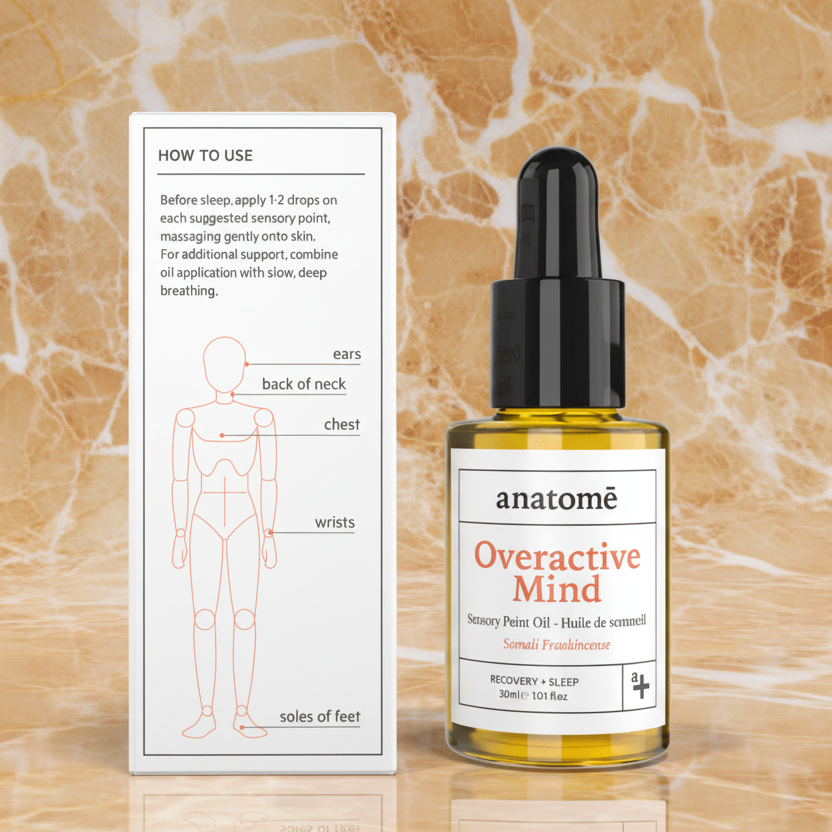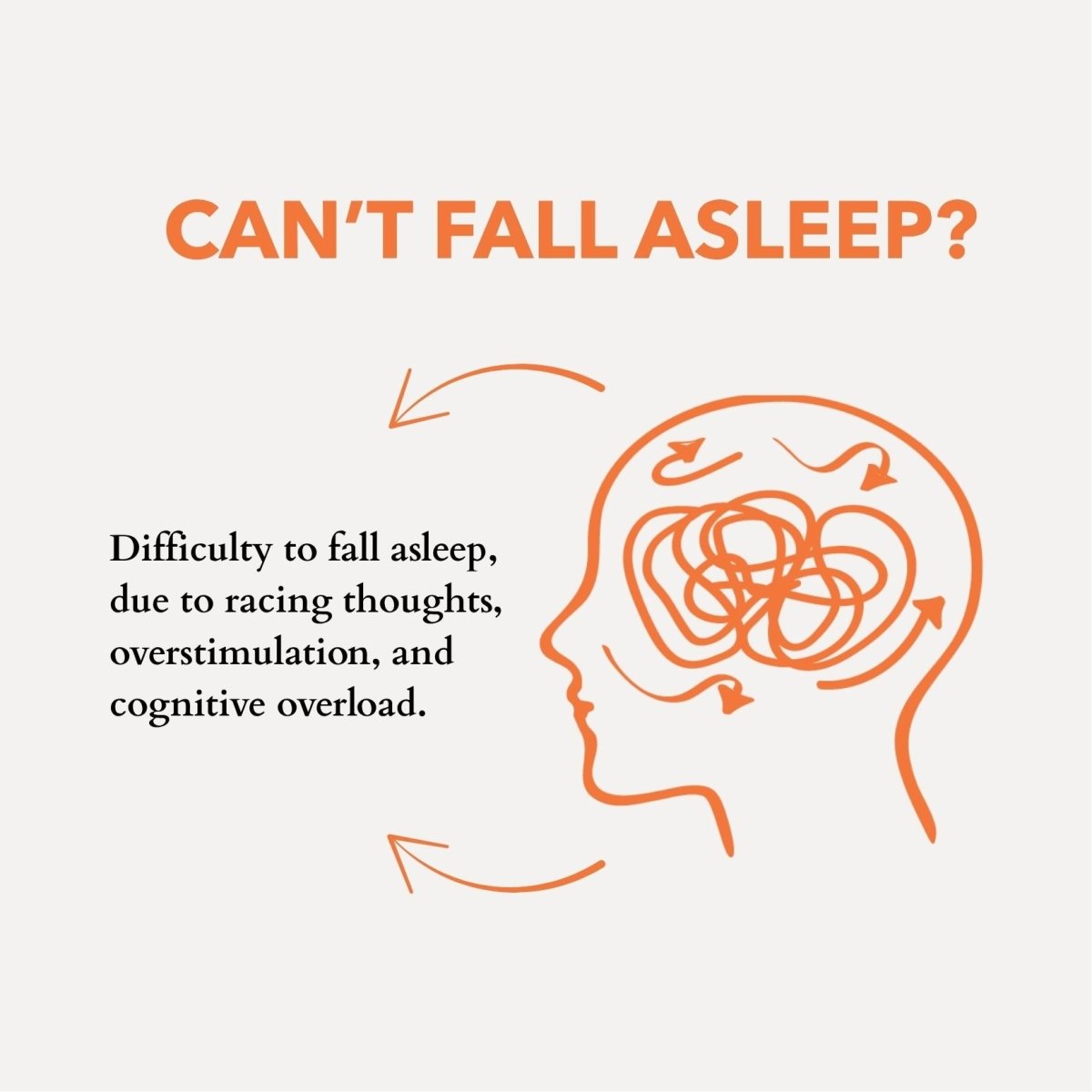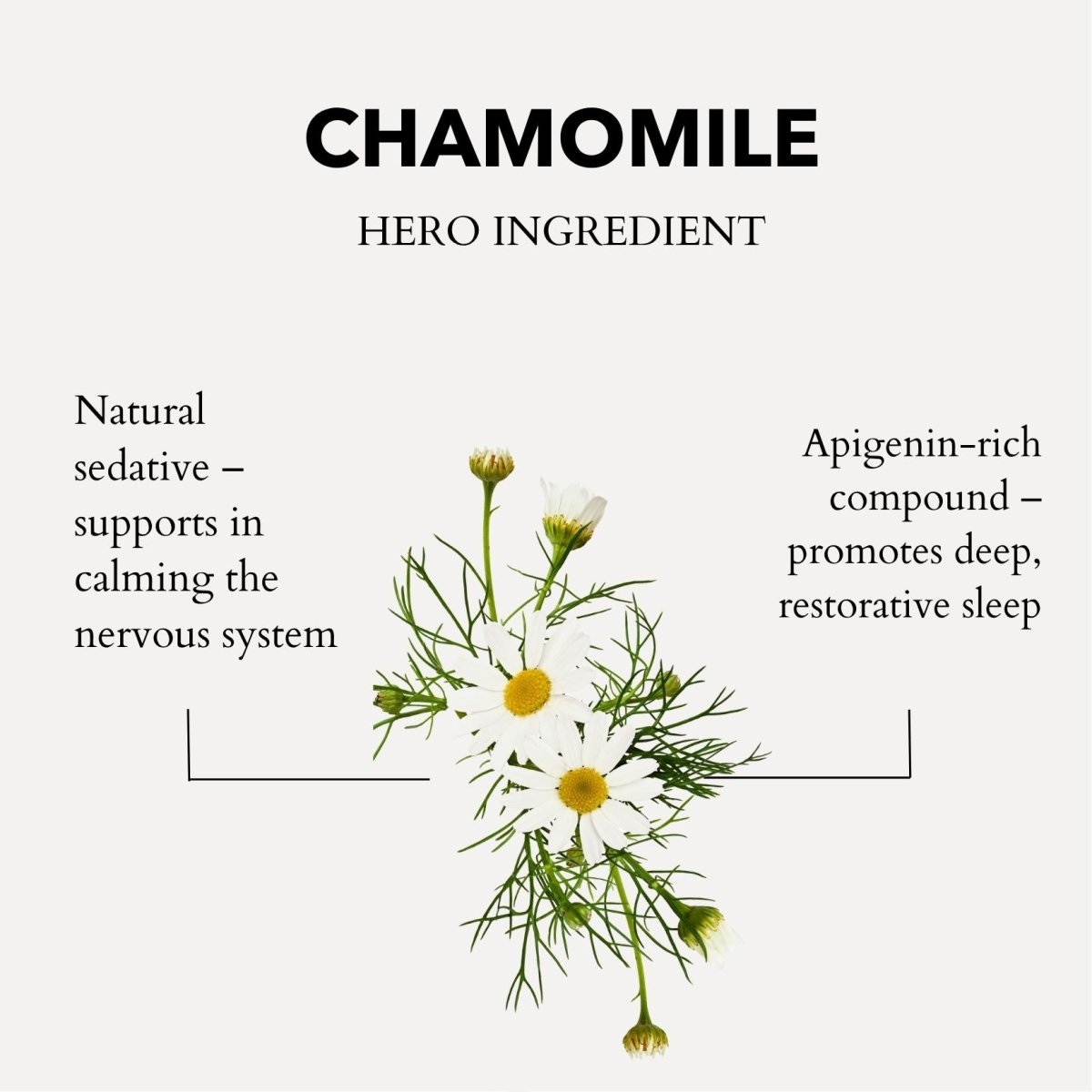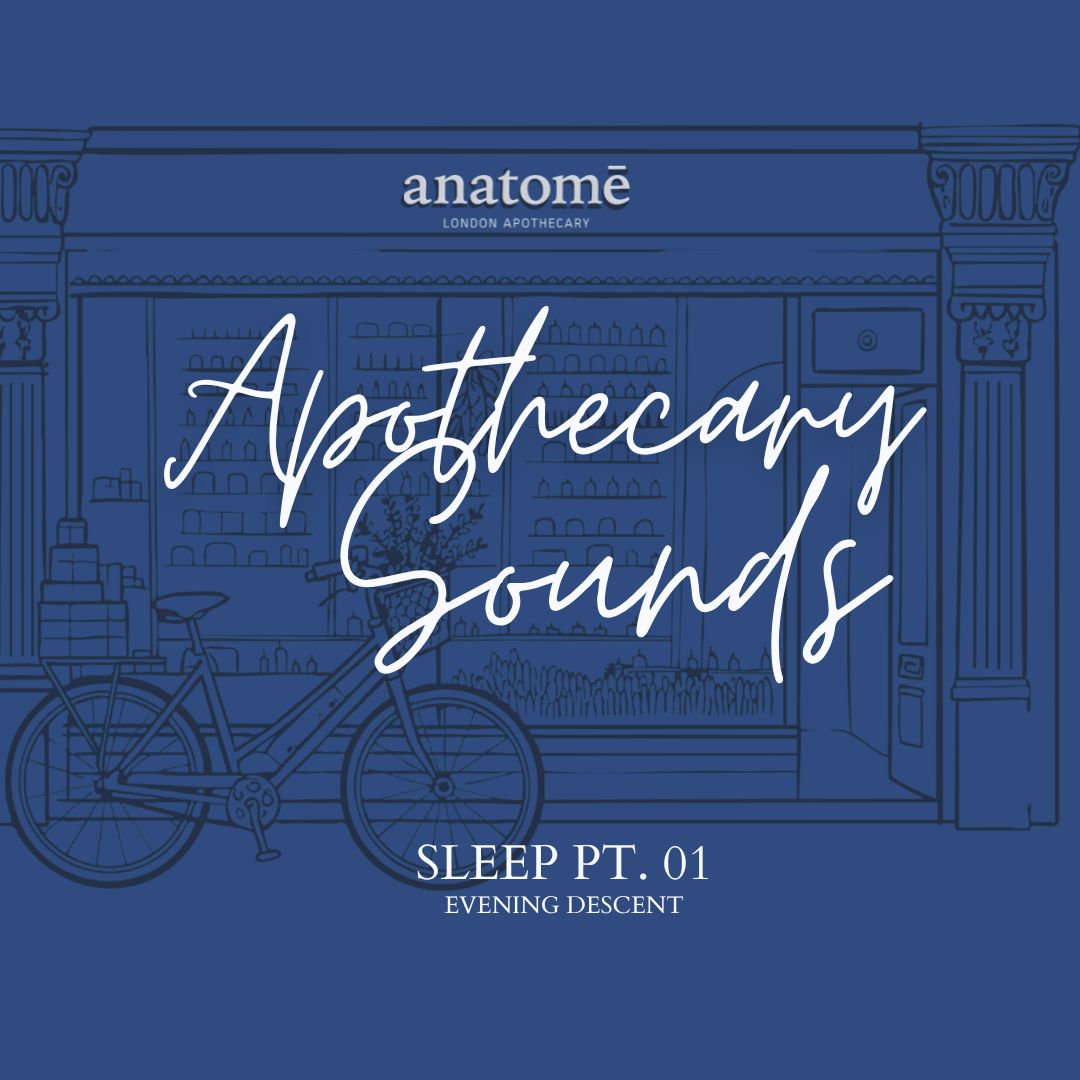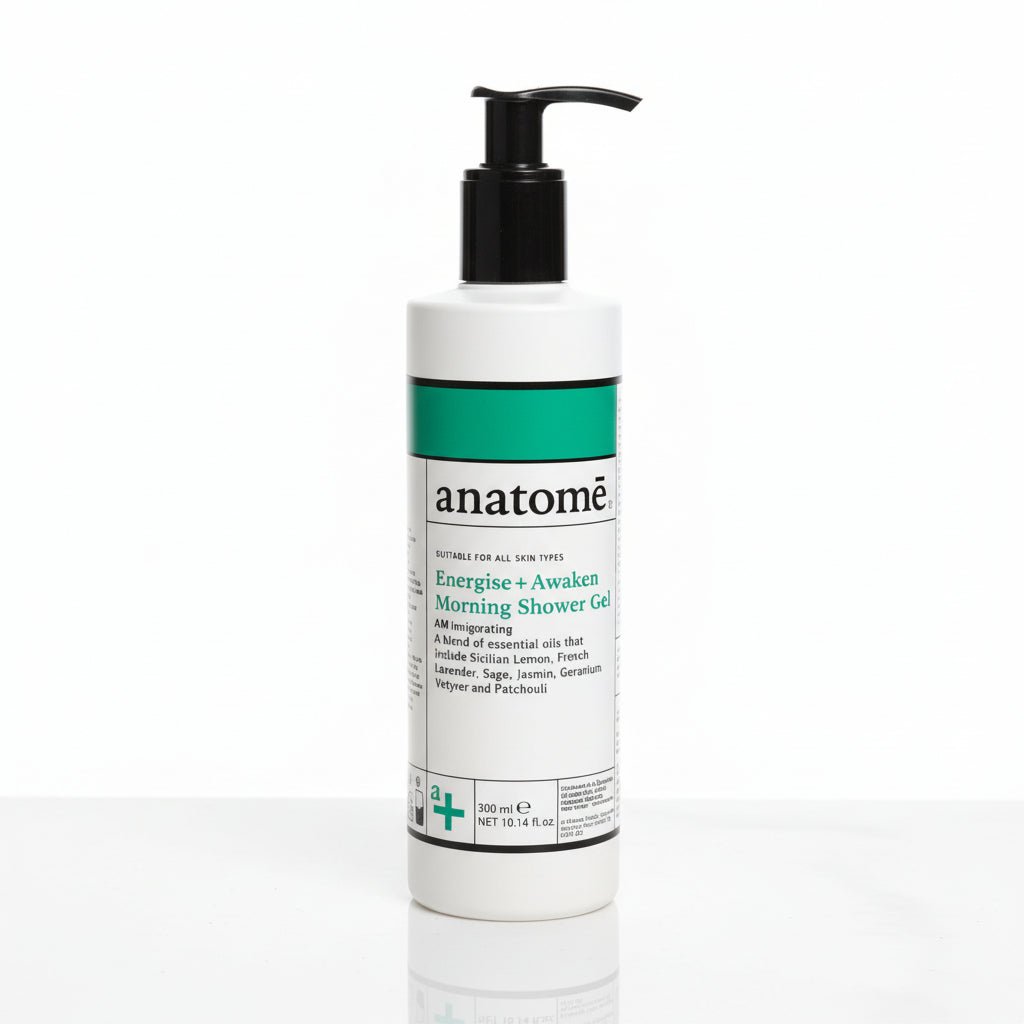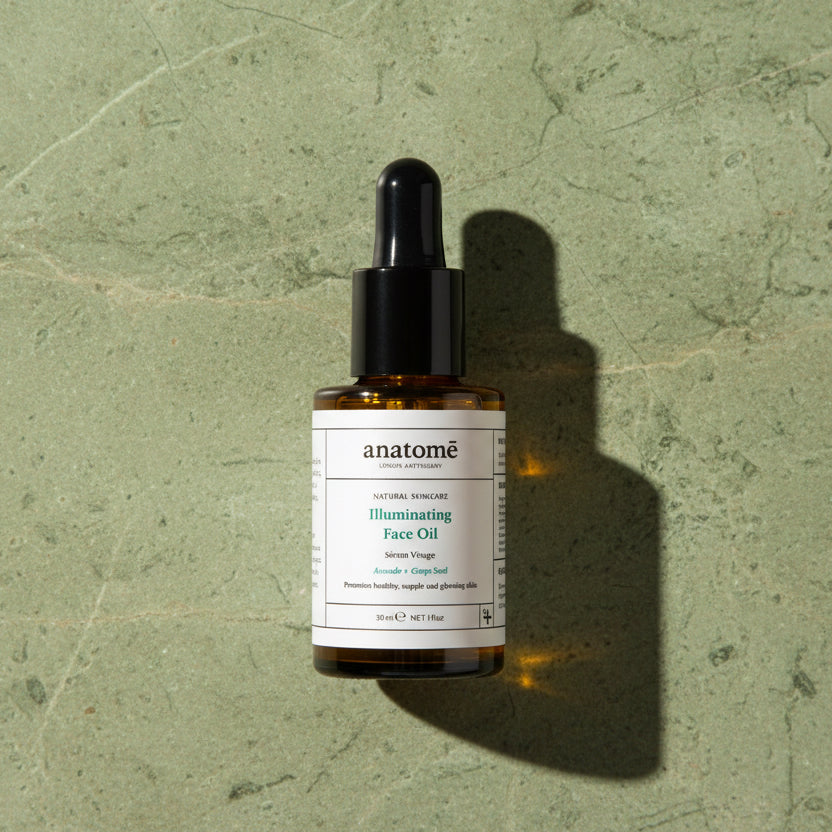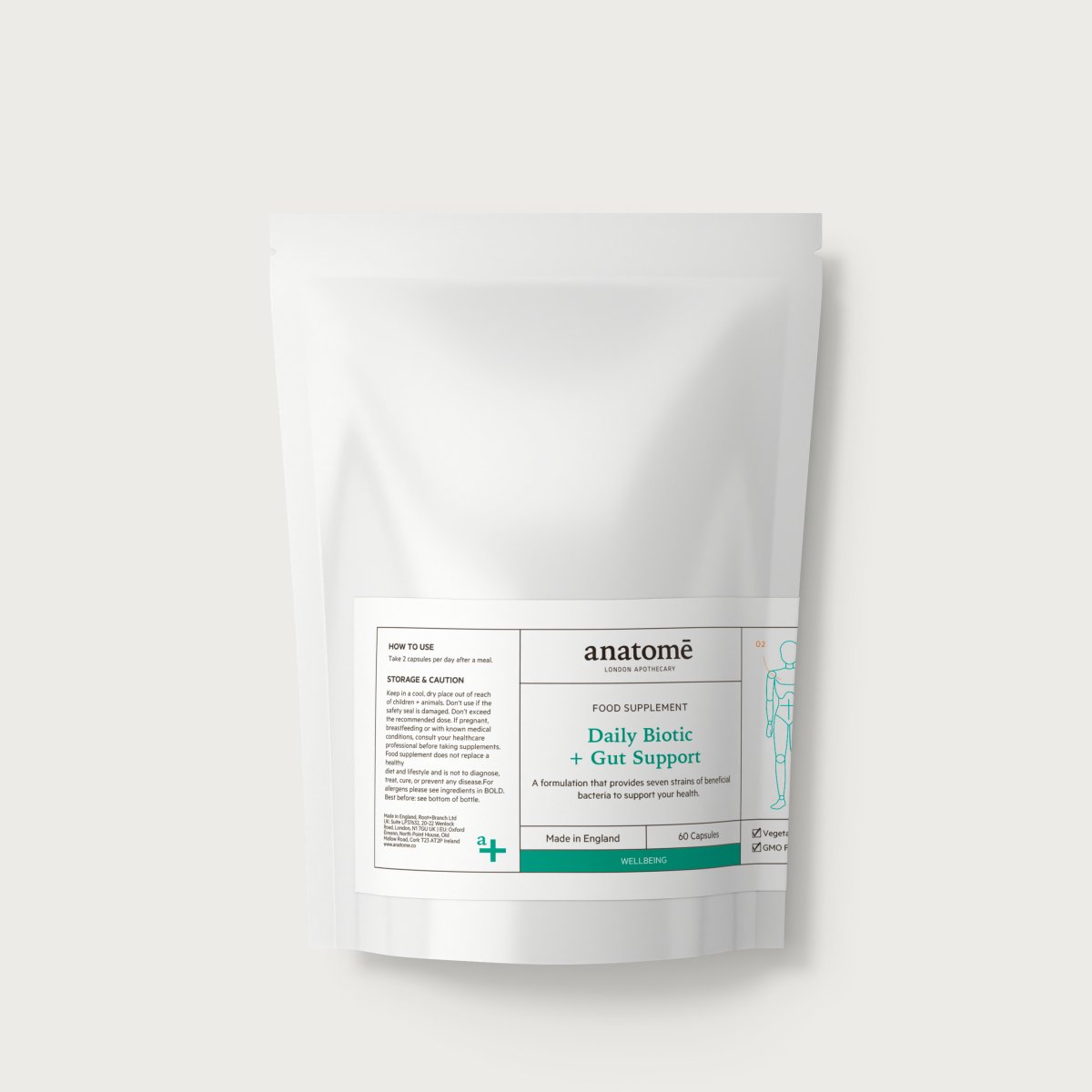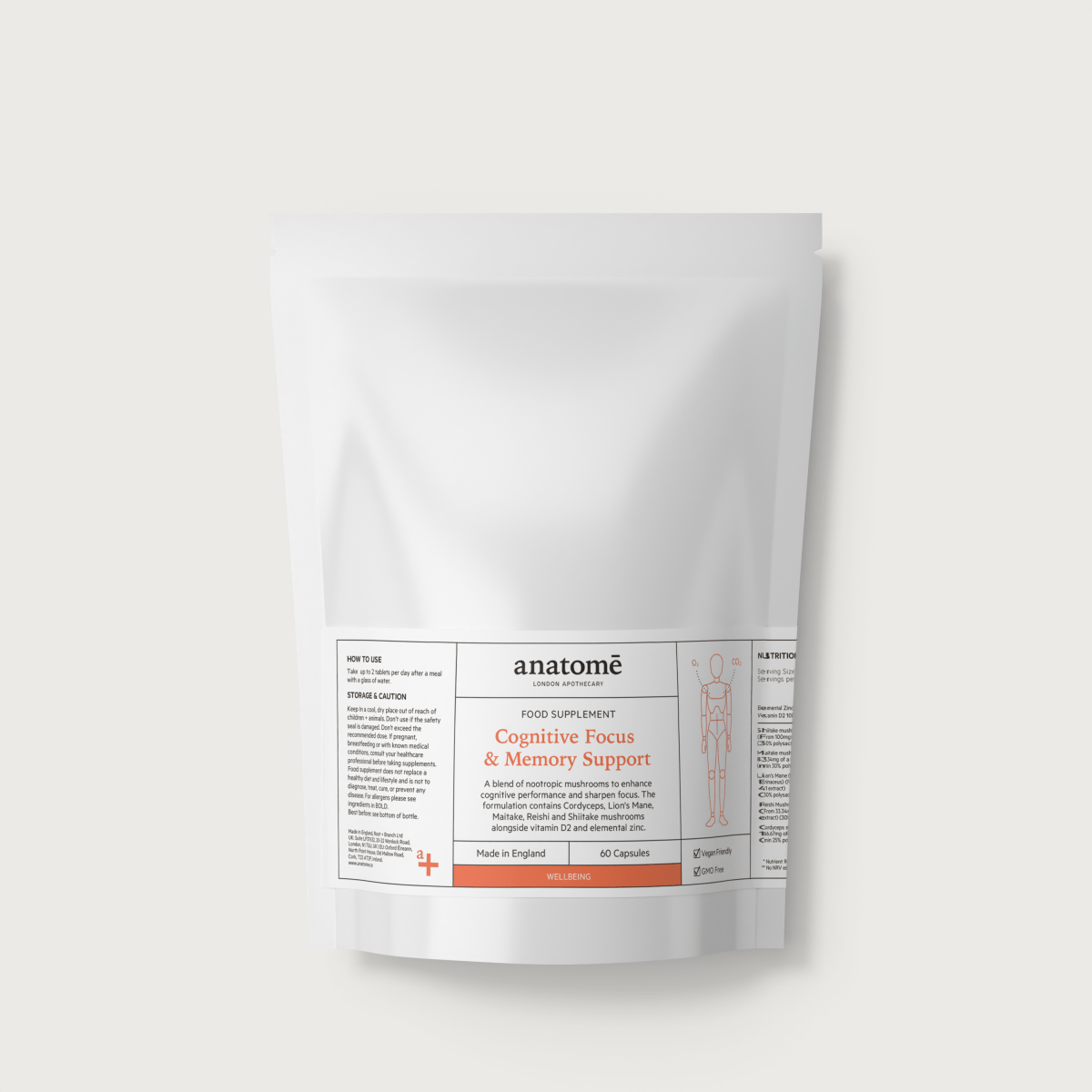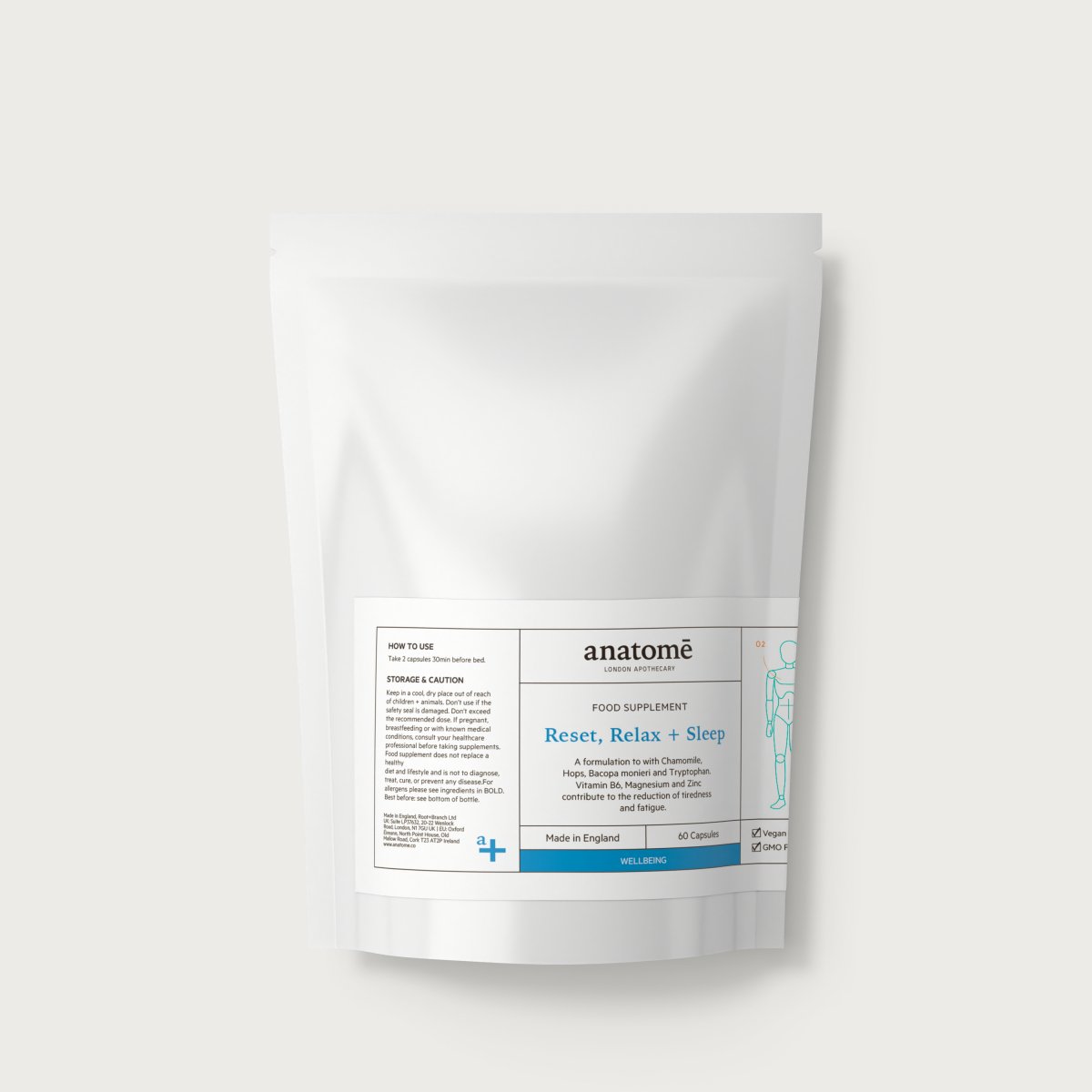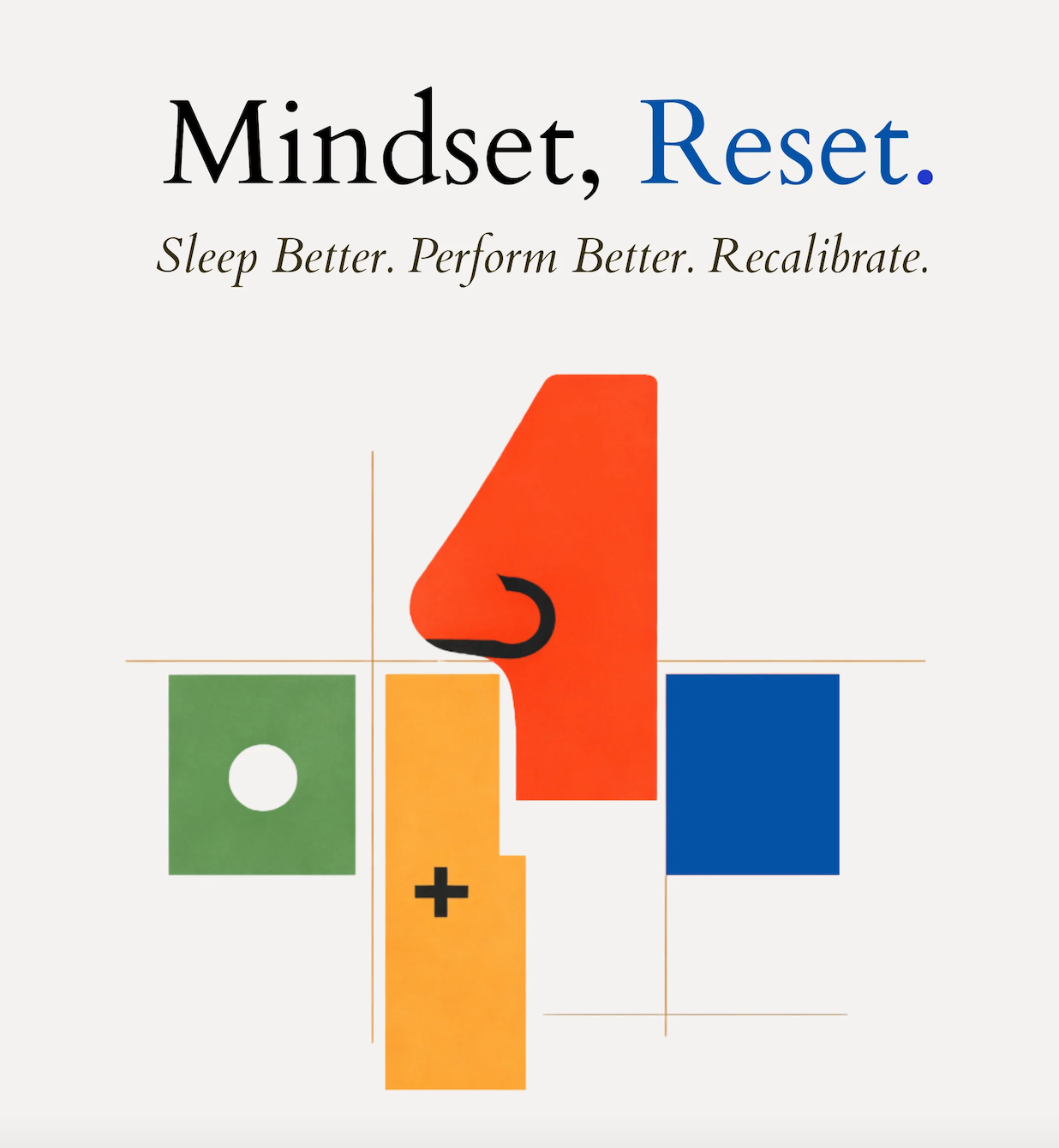Many people with ADHD (Attention Deficit Hyperactivity Disorder) often experience poor sleep, and this can often heighten the symptoms of ADHD. As ADHD is commonly associated with hyperactivity and racing thoughts, it can be particularly challenging for those affected to wind down at night and achieve a restful night’s sleep. As a result, sleep deprivation can lead to ADHD symptoms becoming more pronounced and harder to manage.
Improving sleep has the potential to help alleviate some symptoms of ADHD, especially in areas such as attention, mood, and overall cognitive function. Below, we’ll discuss why many people with ADHD struggle to sleep, how better sleep can support symptom management, and explore some effective ways to improve sleep quality.
Why ADHD Can Affect Sleep
ADHD impacts the brain’s ability to regulate attention, energy levels, and impulse control; all of which also influence sleep. People with ADHD often experience racing thoughts, heightened energy, and difficulty winding down in the evening, all of which can delay the body’s natural sleep signals. This restlessness makes it harder to fall asleep at a consistent time each night, often leading to irregular sleep patterns.
Many people with ADHD also have disrupted circadian rhythms, meaning their internal body clock doesn’t align well with typical sleep-wake cycles, making it even more difficult to establish a regular bedtime routine. A lack of deep, restorative sleep can then worsen ADHD symptoms during the day, creating a frustrating cycle of sleep disturbances and intensified symptoms.
How Poor Sleep Can Worsen ADHD Symptoms
Poor sleep can significantly worsen ADHD symptoms, as it impairs the brain’s ability to function properly throughout the day. When someone with ADHD doesn’t get enough restful, restorative sleep, they may find it even more difficult to concentrate, stay organised, or manage their emotions effectively. Below are some common ADHD symptoms that may be intensified by poor sleep;
-
Inattention and distractibility
-
Hyperactivity
-
Irritability and mood swings
-
Impulsivity
-
Forgetfulness
Over time, chronic sleep deprivation can create a pattern where poor sleep intensifies ADHD symptoms, and those worsened symptoms further disrupt sleep, making it crucial to prioritise healthy sleep habits as part of effective ADHD management.
The Benefits of Better Sleep for Symptom Management
When people with ADHD get better sleep, they can experience a range of benefits for managing their symptoms. When sleep is deep and restorative, it supports better concentration, decision-making, and emotional regulation, areas that are often affected by ADHD. With good quality sleep, those with ADHD may find it easier to stay focused, organise their thoughts, and manage everyday tasks more effectively.
Sleep also helps the brain process information and recover from stress, making it easier to cope with challenges without feeling overwhelmed. In addition, improved sleep can reduce impulsivity, mood swings, and irritability, helping individuals feel calmer and more balanced. This can make it easier to engage positively with others and maintain motivation throughout the day. Altogether, better sleep can make a significant difference in managing ADHD symptoms and improving overall quality of life.
Effective Ways to Improve Sleep Quality with ADHD
By improving sleep quality through simple yet effective strategies, you can better manage ADHD symptoms. From establishing a consistent bedtime routine to incorporating natural supplements and sleep aids, these practices can help achieve deep, restorative rest and support overall symptom management. Below, we share some effective ways to enhance sleep quality;
Establish a Consistent Bedtime Routine
Establishing a consistent and relaxing bedtime routine can significantly improve sleep quality and help lessen ADHD symptoms by creating structure and signalling to the brain that it’s time to wind down. Try dimming the lights in the evening, eliminating screen time at least an hour before bed, and aiming to go to sleep at the same time each night. Sticking to a regular bedtime routine helps regulate the body’s circadian rhythm, making it easier to fall asleep and wake up consistently.
Incorporate Sleep Supplements
Incorporating sleep supplements into your routine can also help to support better sleep. Natural supplements that contain ingredients like tryptophan, chamomile, and magnesium can promote relaxation, reduce anxiety, and help regulate the body’s sleep-wake cycle. You can also use calming aids such as pillow sprays and essential oils to create a soothing bedtime environment, encouraging deeper rest and helping to reduce the intensity of ADHD symptoms. Adding a Daily Probiotic to support gut health can also further enhance sleep quality by improving the production of key sleep hormones.
A Relaxing Bath Before Bed
A warm bath before bed also helps to calm the nervous system, lower cortisol levels, and signal to your body that it’s time to start winding down. The drop in body temperature afterwards also encourages the production of melatonin, which makes it easier to fall asleep. Adding bath salts infused with essential oils from chamomile and lavender can further promote restful sleep by relaxing the muscles, easing tension, and quietening the mind.
Natural Sleep Support with anatomē to Alleviate ADHD Symptoms
At anatomē, we understand the challenges that ADHD can pose to sleep and how significantly this can impact symptoms, and through our range of natural sleep support products, you can enjoy a restful, calming night’s sleep every night. Our Sleep & Gut Health Duo supplements are an advanced blend designed to support melatonin production and calm the mind, while also nourishing and balancing gut microbiome.
Our Overactive Mind Sleep Oil, Somali Frankincense Pillow Spray, and Relax + Sleep Chamomile Bath Salts are also ideal to help unwind and clear your thoughts before bed. If you need support in choosing the right natural sleep solutions to help manage ADHD symptoms, our customer support team is always on hand to assist you. Discover the power of anatomē’s sleep support range and take a positive step towards managing ADHD through better sleep.

